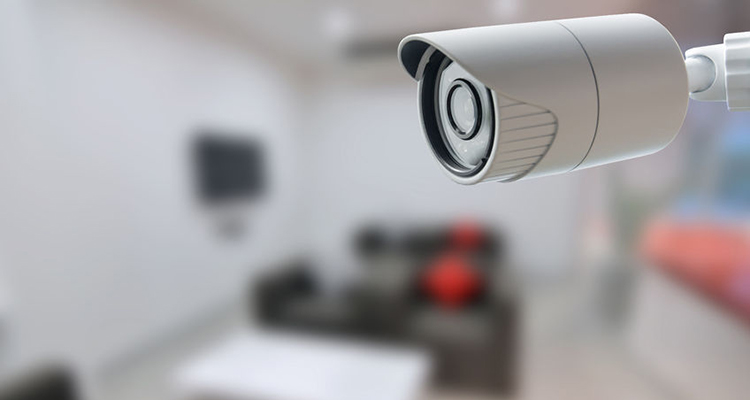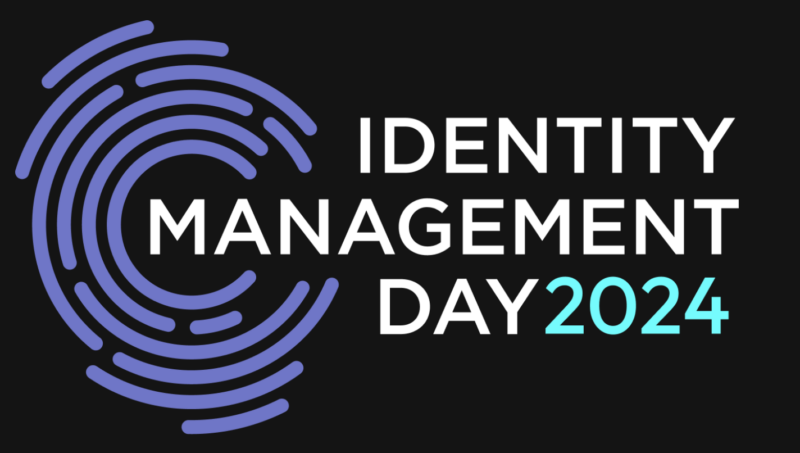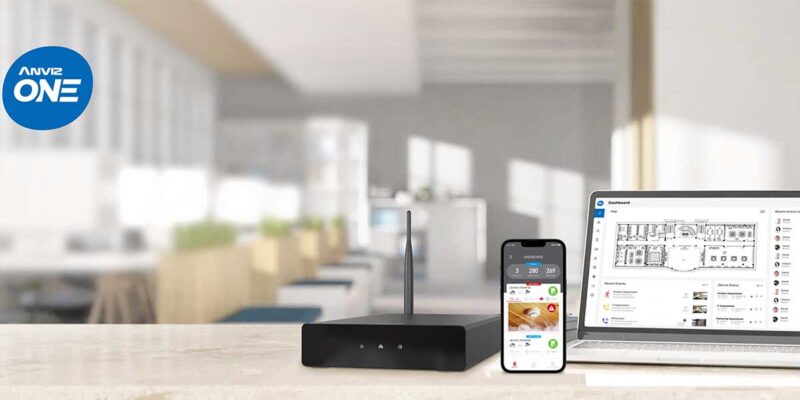Someone Call Security

Recent experiences have brought security installations to the forefront of my thinking.
Security subsystems are something that AV pros have polarizing opinions on. Some don’t mind handling them, some do so only grudgingly, and others won’t touch them.
Like everything, when deciding whether to do security at all there are pros and cons. The most obvious plus, and the one that drives the dedicated security-only channel is recurring revenue. I’ve never met an AV professional who didn’t like making money, and the direct benefit of doing security installs is receiving the monthly residuals from the monitoring company that you’ve partnered your firm with.
There’s a downside to that however. For more than a generation, national alarm brands have commoditized the hardware and installation itself to the point that the up-front costs for new customers are basically free. The motivation there has been to drive sales volume and make the profit on the monitoring contracts.
I still recall after all these years my instructor for a security integration class at CEDIA Expo ranting at the class for upwards of fifteen minutes about how recurring revenue was the devil, and how it had ruined what he felt used to be a profitable installation discipline.
If your client insists on you giving a breakout of the cost of a basic security system, and they compare it to a quote from a big security company, you’re going to look overpriced. That leads to the risk of Fear, Uncertainty, and Doubt about what else you might be overcharging for.
You can defend against this by not doing security at all.
The alternative is to be straightforward with clients that, due to the nature of the security business, it costs you “X” to do security installs, whereas a big national provider will give away the same work to get the monitoring contract.
If you’re honest about that, your client can choose to give you the business because he has confidence in your value, or he can opt to save his pennies, and contract the security contractor to tackle that part of the job, and you can work with them on the project.
From a technical perspective, if AV pros are going to want to handle the security subsystem it will be for no other reason than to make sure it gets done properly, and that it can be integrated into the overall control.
Commercial security contractors are, generally, more on the ball and inclusive than residential security contractors. Many residential security installers will bash in a keypad, a couple of glass break sensors, and call it a day.
If you ask one of those guys in depth questions about their panel, they may or may not know.
Just because a security panel has Ethernet, an RS232 or an RS485 port doesn’t mean that it’s going to be plug-and-play with your brand of control processor. A mystery panel might end up necessitating hours and hours of programming writing code to allow your controller to poll the panel for it’s status. No one wants that.
AV pros need to check with their automation vendor for a list of security panels that they know work with their controllers. You’re way better off specifying panels that are approved by the automation vendor, which will already have modules written for it.
Building on that, since network functionality has become the norm for both security and control (and everything else) that further necessitates an AV/IT Pro (such as yourself) to take ownership of security subsystems that involve video cameras.
At this point, if it’s on the client’s jobsite, and it’s networked, the AV pro needs to have ownership of it’s installation and integration.
The thing that I disliked the most about touching security installs was the risk of being pigeonholed as a security contractor when your real business is audio/video and control systems. That’s probably a bias I gained by osmosis from my old employer: Just looking at the hardware and the install labor alone, security installs are tiny little jobs, a couple of grand, tops.
It’s one thing to install a security subsystem as part of a whole-home A/V project, and you can probably get away with doing a security job or two as a “favor” for a long-time client or family friend, but get bogged down in doing too many of them, when your teams should be working on larger systems, and that’s a problem.
Most AV companies eventually have to face the realities of the kind of projects they need to limit themselves to in order to be profitable.
In one instance, a friend of mine hired a business consultant who looked at their costs of doing business, and determined that with the time and effort it took them to sign, design and execute projects, they could not afford to take on any project that was less than $20,000 in size.
If the security system is built into that, fine, but on its own? No way.
Like other AV pros, that might ultimately be the deciding factor for you.





